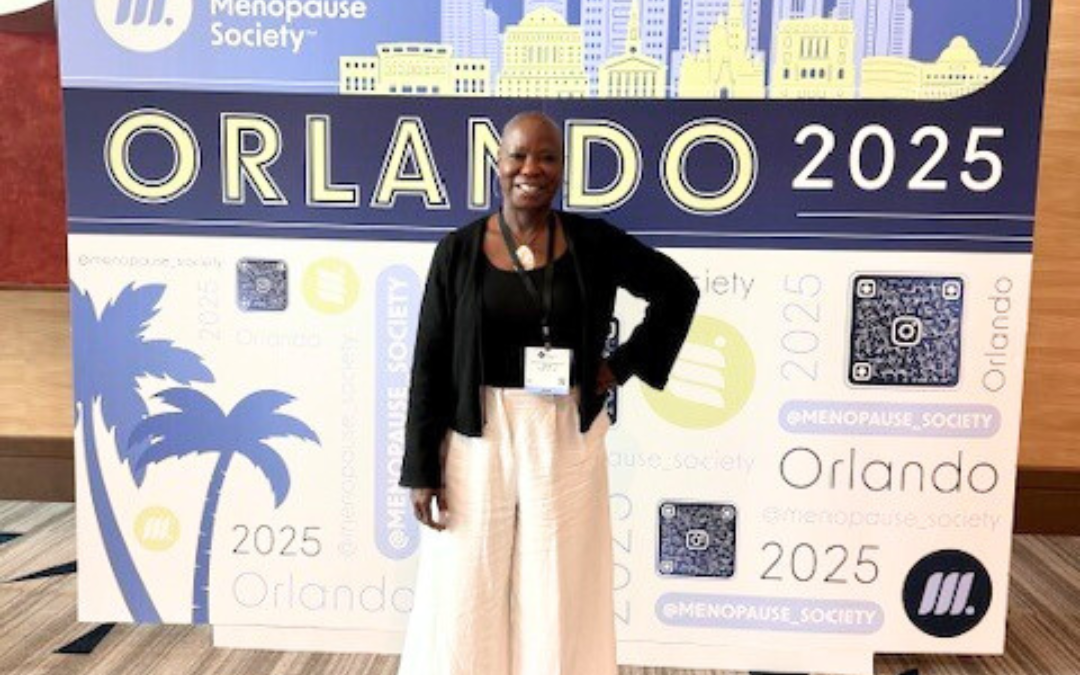When I boarded the plane for the Menopause Society Conference, I thought I was headed to another week of science, slides, and networking. But what I experienced was something far deeper — an awakening.
The conversations weren’t just about estrogen curves or new treatment protocols. They were about the emotional architecture of women’s health — about what we carry, what we hide, and what we’re finally ready to say out loud.
As I sat in lecture halls surrounded by brilliant physicians, researchers, and advocates, I was struck by one truth: hormones aren’t just chemistry — they’re biography. They tell the story of how much we’ve carried, how much we’ve given, and how much of ourselves we’ve had to reclaim.
For years, I’ve said that menopause is not the end of anything — it’s the beginning. But this conference reminded me that our biology reflects our biography. The fluctuations in estrogen, the changes in metabolism, the shifts in mood and memory — these are not random. They’re records. They’re the body’s way of processing the story of our lives.
And so, while the science was thrilling — new data on hormone therapy, brain health, cardiovascular protection, and metabolic function — the moments that truly moved me were the conversations between women.
We talked about burnout in medicine, about the invisible toll of caregiving and compassion, about the ways the system still fails to see women in their fullness. I heard stories from colleagues who had faced their own health crises, who had sat across from patients while secretly struggling themselves. It was humbling and humanizing.
There was a moment, somewhere between data and dialogue, when I realized how important it is that we bridge the gap between science and soul. We need both. Because healing happens at the intersection — where evidence meets empathy, where protocols meet presence, where medicine meets meaning.
Leaving the conference, I felt both inspired and convicted. Inspired because we are finally beginning to talk about menopause in the language it deserves — with curiosity, compassion, and courage. Convicted because I realized how much more work we have to do.
We need to train clinicians to listen differently. We need to teach women that their symptoms are not character flaws. We need to remind one another that this season of life — the one filled with hot flashes, sleepless nights, and sudden awakenings — is not a crisis. It’s an evolution.
And most importantly, we need to keep talking.
That’s what Stay Juicy is all about. These conversations — whether they happen in lecture halls, exam rooms, or living rooms — change lives.
If you take anything from this reflection, let it be this: your hormones are not playing with you. They are communicating with you.
Listen. Learn. Stay curious. Stay connected. And above all — Stay Juicy. 💜
🎧 Listen to this episode on the Stay Juicy Podcast — available on all major platforms such as Apple and Spotify.
📺 Watch the full conversation on YouTube.

